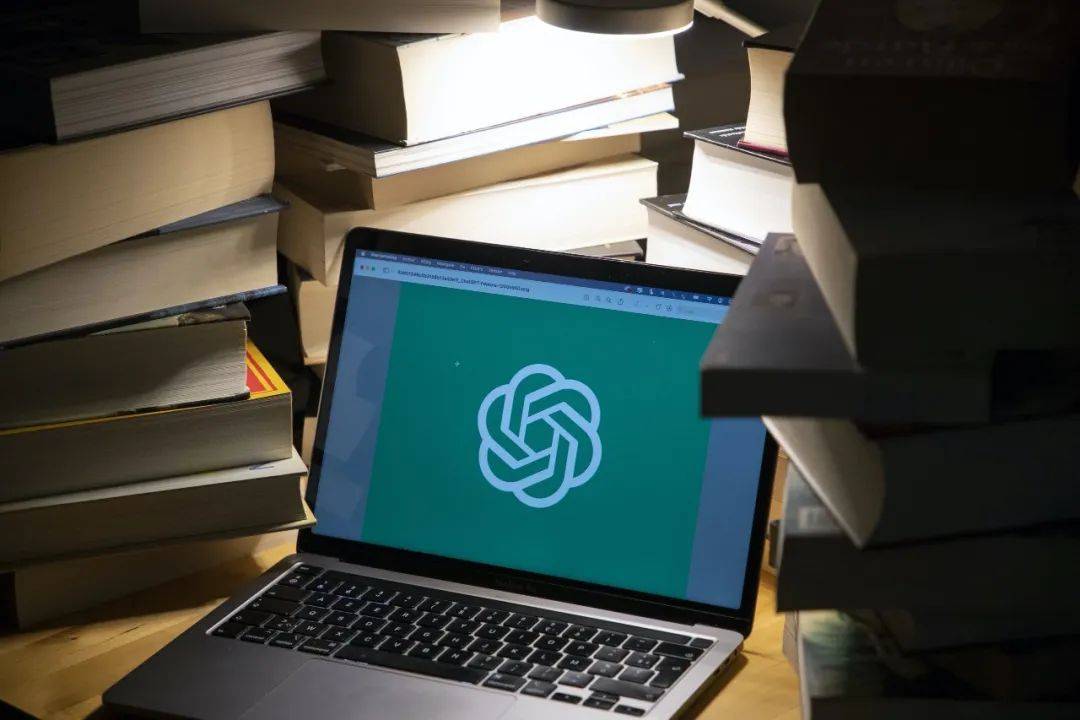The rise of ChatGPT has raised concerns about its potential threat, but Downcodes editors found that, at least in terms of humor, it still seems to have a long way to go. A recent study showed that ChatGPT does not have a real sense of humor. Most of the jokes it generates are based on simple adaptations of existing jokes on the Internet, lacking originality and understanding. This research reveals the limitations of large language models in understanding and creating humor, and also triggers our thinking about the creativity and understanding capabilities of artificial intelligence.
ChatGPT raises concerns about threats and “extinction” in many areas, but there is at least one area where it does not pose a threat: comedy. According to the latest research paper, ChatGPT does not have a sense of humor and the jokes it provides are not original.

Two German researchers sought to determine whether ChatGPT was actually funny, capable of context-based humorous communication, or simply copied jokes they found online but didn't really understand.
A paper published on the arXiv website shows that the answer to this question may be quite complicated. The researchers conducted an experiment and asked the ChatGPT robot to answer the question "Do you know any funny jokes?" A total of 1,008 jokes were generated. Astonishingly, more than 90% of the jokes were slightly modified from the original 25 jokes.
The three most popular jokes, as determined by the researchers, are as follows:
The reason the Scarecrow received the award was because he excelled in his field.
Why do tomatoes turn red? It's due to its interaction with the salad dressing.
"Why are math books eclipsed? Because they have too many problems."
Researchers asked ChatGPT why its top 25 most common jokes were so funny.
Although chatbots can express humor, Sophie Jentzsch and Kristian Kersting wrote in the paper "ChatGPT is funny, but not humorous!" Humor Still Challenging for Large Language Models" states that they "still struggle to create interesting and original content." But they found that ChatGPT showed potential for further development in crafting jokes.
ChatGPT’s rapid progress has alarmed experts, and artificial intelligence ethicists have warned of the dangers it could pose to the labor market and humanity itself.
In particular, the latest GPT-4 model has made significant progress in context understanding and reasoning. Economics professor Bryan Caplan said the robot made amazing progress on his economics test, going from a D to an A in just three months.
However, the bot still seems to be far behind when it comes to cracking jokes or helping you tell a funny dinner anecdote.
"Even we humans have trouble improvising new jokes, mostly involving puns we've heard before and remembered," the researchers wrote.
However, whether an AI agent can understand what it learns is a very thorny issue. This question is largely a philosophical one, not just a technical one.
The findings remind us that despite the rapid development of artificial intelligence technology, it still faces huge challenges in understanding and creating human emotions, especially humor. This provides a new perspective on the future development direction of artificial intelligence.